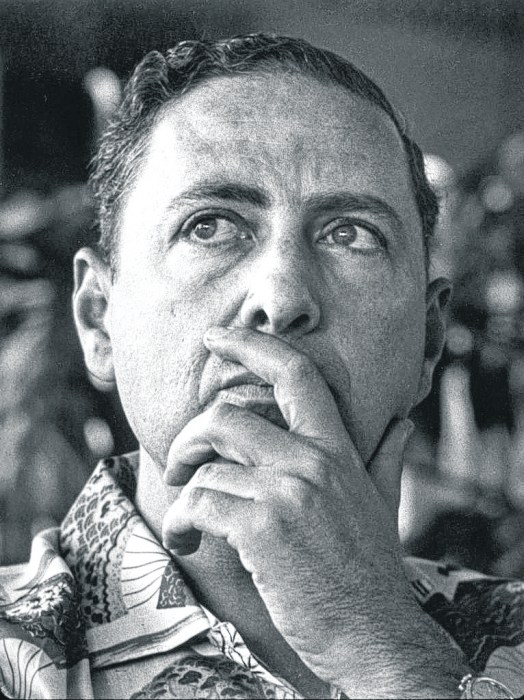 My mother started her own business as an antiques dealer when I was in my pre-teen years in the early 1960s. She started by having my father drive her around to gather junk that people left out for sanitation pick up. Most memorable was discarded wicker furniture that my father would later repair and paint.
My mother started her own business as an antiques dealer when I was in my pre-teen years in the early 1960s. She started by having my father drive her around to gather junk that people left out for sanitation pick up. Most memorable was discarded wicker furniture that my father would later repair and paint.
She also looked for newspaper ads and went to people’s homes to negotiate deals for things they wanted to sell such as furniture, artwork, glassware, boxes of books and cards, knick-knacks and more. When she accumulated enough old stuff, she’d take it to an outdoor flea market in Englishtown, NJ. That would happen on Saturday mornings. She’d drag along either my younger brother or me to help her load and unload the family station wagon and keep an eye on her stuff when she wandered off looking for good buys.
We had to get up about four in the morning to drive to Englishtown and get a good spot before the flea market filled up with vendors. Afterwards, we’d go out to a diner for a late breakfast. I hated getting up that early. Although it would be a good job for me today, as 4 a.m. is a piece of cake in my advancing years.
In time, she opened her own shop. It was called Antique Evelyn. By that time, she moved her flea market spot from an expansive field in Englishtown to a parking lot in Manhattan, on 26th Street and Avenue of the Americas (Sixth Avenue). The day shifted from Saturday to Sunday, but the time was still pre-dawn. If you got there early enough some well-known New Yorkers might stop by. Civil rights leader Bayard Rustin was a regular for example.
By that time, Antique Evelyn graduated from picking up junk on the street to being invited to estate sales and selling her antiques at the some of the more exclusive antique shows in the New York metro area, like the annual one at the Armory on Park Avenue. She developed a stellar reputation as a great buyer. She did her research and knew the value of most anything.
Whenever I went to her store, I always ended up with a box of books in my lap. Recently, I picked up one of the old books that is now on my bookshelf. It is entitled Putnam’s Handbook of Expression. Its copyright date is 1915, five years before Antique Evelyn was born. It is a small red hardcover book that is dedicated to, “Any person who recognizes herein one of his own original phrases.” I estimate that there are about 100 sub-categories of phrases, subsumed under seven broader areas.
In glancing through the categories, I came upon a subject area entitled “critical of persons,” that is almost four pages long. Given the divisive nature of discourse these days and relative absence of civility, I dove in to see what phrases of yesteryear people fancied to criticize others. I imagined them being used today.
Here is a good one for, let’s say two older gentlemen squaring off on a debate stage: “He’s an odious old reprobate.”
Among the longer phrases in this category, which seems apt for circumstances when jeering is anticipated: “He will have about his ears a unanimous chorus of derision and bitterness.”
The next phrase might help to reinforce a good rebuttal at the conclusion of a lively argument: “His conclusions are hopelessly detached from his premises.”
The following is a must for a fact-checkers looking to accentuate their analysis of one debater or another: “He is charged with exaggeration if not willful distortion of the facts of the case.”
Finally, I found a category entitled “optimism” that includes a phrase that represents a sentiment rarely heard or mutually held these days: “May we have a part in bringing in a new and better day.”
If only that were true.
Andrew Malekoff is a New York State licensed social worker and an Anton columnist.
























